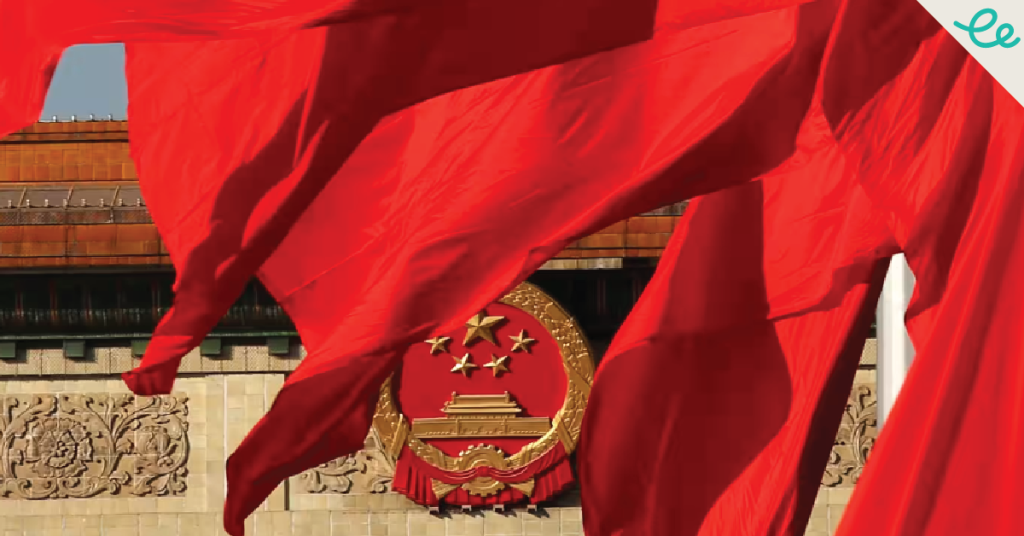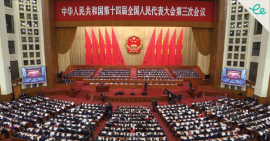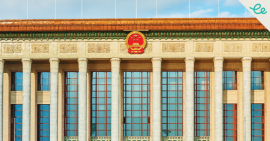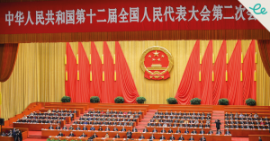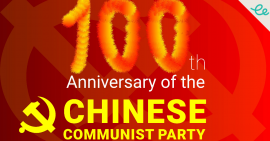Will Xi Jinping reveal bold goals for next five years?
China and the UK will see the most dollar millionaires depart their shores this year, according to a new survey of migration intentions of the world’s wealthy. The election on July 4 – set to bring a new British government and potentially higher taxes – is one reason the expected 9,500 high-net-worth individuals will leave the UK in 2024. China too has plenty riding on another much-anticipated July event. Could it persuade some of its 15,200 wantaways that the future looks brighter at home?
The Communist Party permits no electoral challenge to its rule, which hits 75 years and counting this October. But Beijing strives to convince 1.4bn citizens, and the world, that the Party is always listening to the people and coming up with new ways to serve them better. A major meeting to be held 15-18 July will set the direction of economic policy for the next five to ten years. It will be closely watched for solutions to wide-ranging concerns about China’s economic trajectory.
The Significance of the Third Plenum
The Third Plenum is shorthand for the third plenary session of the 20th Communist Party of China Central Committee. In 1978, at the Third Plenum of the 11th Central Committee, Deng Xiaoping championed economic reform and the open-door policy that transformed the PRC. The tradition was then established: the third of the seven Party gatherings held over each Central Committee’s five-year cycle has come to be regarded as the most important, a platform to launch potentially far-reaching reforms.
If you want to learn more about Enodo’s analysis of this topic, and better understand the potential impact on your world, register for a FREE trial access to our comprehensive research service by clicking the button below.
This latest iteration should be one of the defining moments for Xi Jinping’s third five-year term as Party leader. It was expected in late 2023, with no explanation for the delay to July announced in April. As for the agenda, the Party line states only that “the session will primarily study issues concerning further comprehensively deepening reform and advancing Chinese modernization”.
Potential Economic Reforms
What kind of reforms will emerge? We expect a doubling down. And hopefully more detail – on previously announced objectives including hi-tech innovation, digitalisation, employment, and social security. Another key objective is the unification of the national market. Amid the Party’s habitual secrecy, clues abound in Party documents, essays and speeches by well-placed advisers.
The Party’s flagship magazine Qiushi published an article on high-quality development on June 16. It comprised excerpts of Xi’s wisdom on the subject from the past seven years. The article stressed China’s change from seeking high-speed growth to seeking better growth, the need to achieve greater self-reliance in science and technology, and develop “new quality productive forces”, now a key Xi catchphrase.
The phrase is also applied to management and system innovation. This is an underplayed part of what “new quality productive forces” could mean. One possibility is the continued removal of hukou (household registration) restrictions. Other administrative reforms can also unlock the potential of the rural population as new innovation and consumption drivers.
Analysis and Predictions
In a commentary published in the same Qiushi, ministerial-level official Han Wenxiu outlined the six main tasks of deepening reforms. They include the need to accelerate the migration of the agricultural population, deepen reforms of the hukou system and move to ensure that those with urban residence rights are fully provided with public services.
Some Chinese economists will be disappointed if the Plenum (as seems likely) fails to advance the bolder changes they have advocated to boost the economy, such as dismantling the urban-rural divide by making the rights to use rural land freely transferable and eliminating the distinction between urban and rural household registration.
Measures that redistribute income from central authorities to municipalities, curbing an addiction to land sales laid bare by China’s property crisis, will top the Plenum agenda, predicted Reuters. Long-touted changes to China’s tax system will focus on allowing local governments to retain more fiscal revenues. This is seen as an important step towards removing an immediate threat to financial stability.
Expectations and Realities
Many analysts are curbing their expectations on tax reforms. They focus on low-hanging fruit such as expanding the scope of personal income tax to address income inequality. Simplifying VAT rates and introducing a digital services tax are also priorities, along with expanding environment protection taxes.
Few observers expect major directional shifts. Unlike past third plenums, Xi’s vision has already dominated China’s economic agenda for years. But during his previous two terms, Xi had to contend with other factions within the cabinet that may have disagreed with how key questions should be resolved. For this term, he faces no such barrier – since October 2022, it is his team.
Balancing Reform and Stability
“Reform” remains very much alive in China, and not operating within a binary framework of liberalisation-centralisation. We believe that Xi will continue to liberalise and attempt to introduce new market dynamics in areas where this has not been the case previously, to achieve China’s long-term development objectives. A case in point is the focus on “new quality productive forces”. This means a concerted effort to move up the technology value chain. The Party sets the direction but incentivises private sector companies to innovate and then commercialise their innovations.
Xi’s crackdowns on several sectors and increasing regulatory scrutiny have made China’s wealthy uneasy. Other factors cited in the HNWI migration survey included geopolitical tensions that have complicated China’s business environment. The Third Plenum won’t satisfactorily address all these issues. But investors will hope for confidence-lifting measures and assurances for the private sector.
And if you don’t like what you hear, keep quiet. The Party’s watchdog just issued a stern reminder to members not to criticise Party policy ahead of the plenum. The Party leadership “fully listened” to different voices before making a decision. Therefore, all Party members “must resolutely implement” its policies. And “public statements that contradict the decisions of the Central Committee are absolutely not allowed”.
If you want to learn more about Enodo’s analysis of this topic, and better understand the potential impact on your world, register for a FREE trial access to our comprehensive research service by clicking the button below.
Related Reports:
China’s National People’s Congress: Insights and Implications

